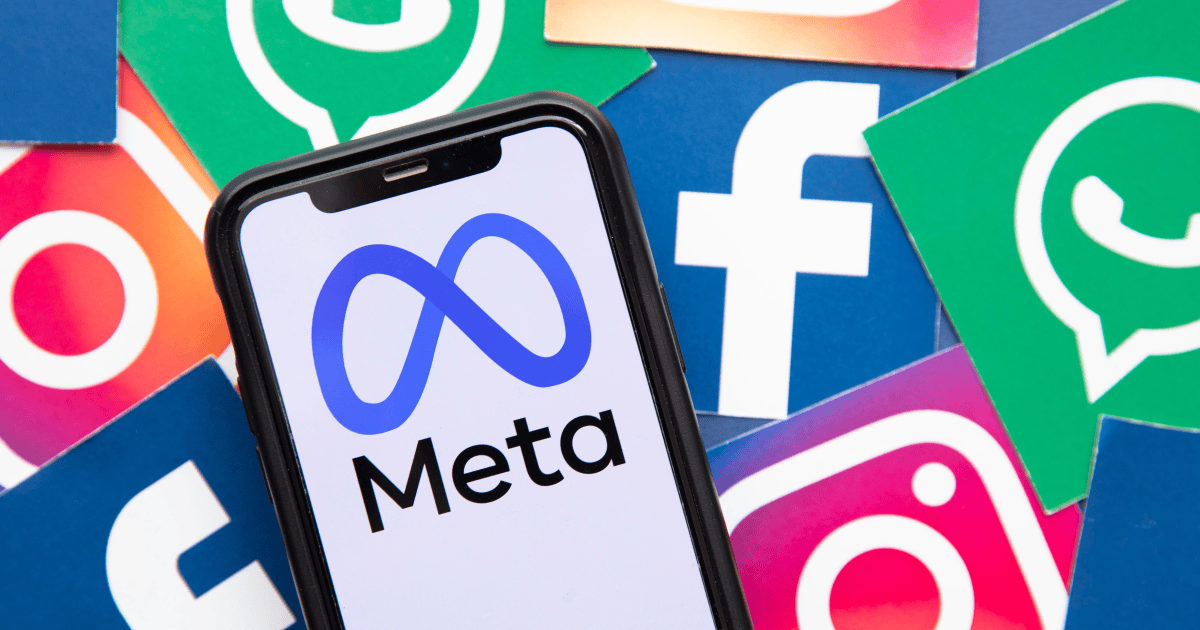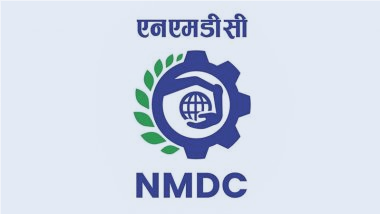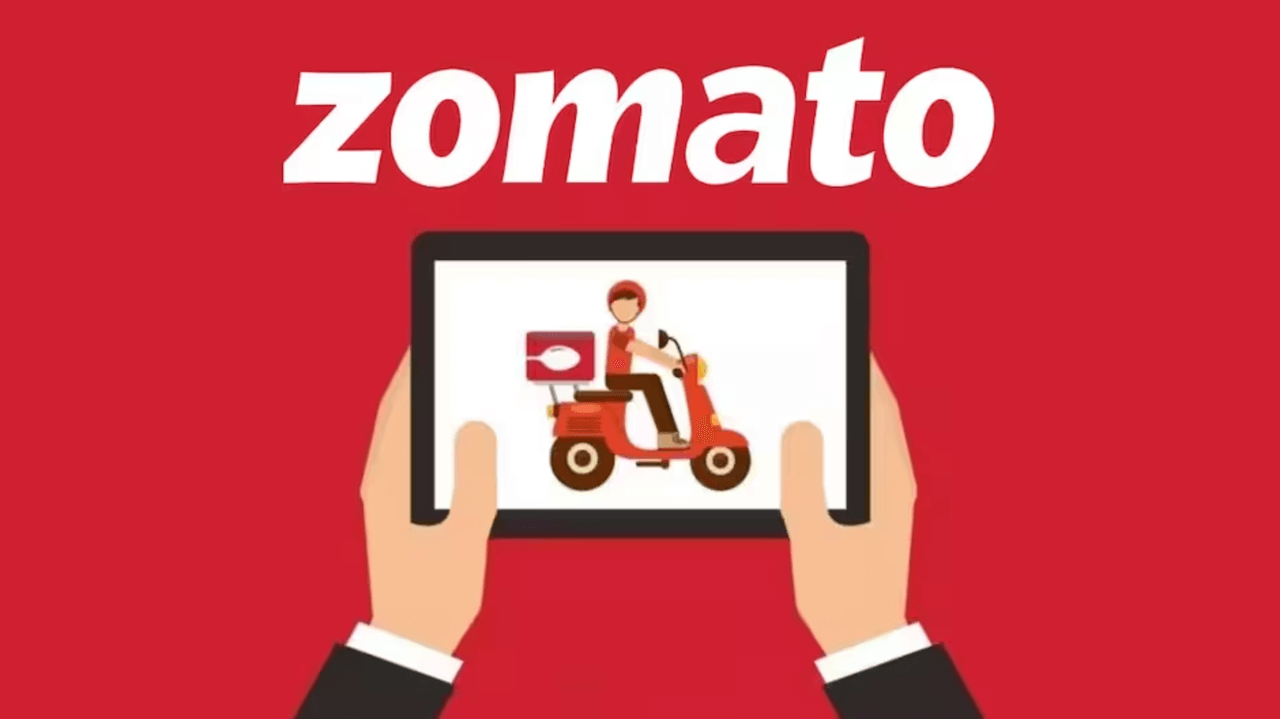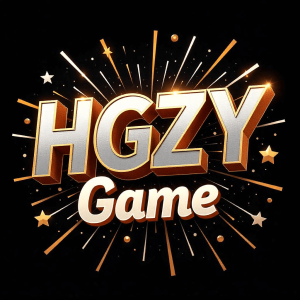WhatsApp’s Landmark Victory: 5 Key Insights from Its Legal Battle Against Pegasus Spyware-Maker
Table of Contents

In a major victory for digital privacy and cybersecurity, WhatsApp has emerged victorious in its legal battle against NSO Group, the Israeli company behind the notorious Pegasus spyware. The landmark case, which has captured global attention, sets a significant precedent in the fight against cyber surveillance and underscores the critical importance of safeguarding user privacy in an increasingly interconnected world.
This win not only highlights WhatsApp’s commitment to protecting its users but also sends a strong message to cybercriminals and surveillance companies operating in the shadows. Here’s a closer look at the case, its implications, and five key insights from this legal triumph.
1. The Case That Made Headlines: WhatsApp vs. NSO Group
The legal battle began when WhatsApp (Which was owned by Meta formerly known as Facebook) filed a lawsuit against NSO group in 2019. The lawsuit accused NSO of exploiting a vulnerability in WhatsApp’s system to deploy Pegasus spyware on the phones of approximately 1,400 individuals worldwide. These individuals included journalists, human rights activists, political dissidents, and even government officials.
Pegasus spyware is notorious for its ability to bypass encryption and gain access to virtually all data on a target’s device, including messages, emails, and location information. WhatsApp alleged that NSO Group’s actions violated U.S. laws, specifically the Computer Fraud and Abuse Act (CFAA). The lawsuit aimed to hold NSO accountable for its role in enabling unauthorized surveillance.
2. WhatsApp’s Strong Stance on Privacy
WhatsApp has long been a champion of end-to-end encryption, a feature designed to ensure that only the sender and recipient of a message can read its content. This encryption technology is one of the reasons WhatsApp is trusted by billions of users worldwide. The company’s decision to take legal action against NSO Group demonstrated its commitment to protecting this trust.
Will Cathcart, head of WhatsApp, stated, “The attack on our users was an attack on privacy and an attack on human rights. We will not tolerate this misuse of technology to target innocent people.” WhatsApp’s unwavering stance on privacy has solidified its reputation as a platform dedicated to user security.
3. The Court’s Verdict: A Blow to Spyware Makers
After years of legal proceedings, the court ruled in favor of WhatsApp, rejecting NSO Group’s claim of immunity. NSO had argued that it was acting on behalf of sovereign governments and should therefore be granted immunity under U.S. laws. However, the court dismissed this argument, emphasizing that private entities like NSO cannot claim immunity when engaging in illegal activities.
This decision is a significant milestone in the global fight against spyware and unauthorized surveillance. It establishes that companies developing or deploying spyware cannot operate with impunity, even if their clients are governments.
4. The Broader Implications for Cybersecurity
The WhatsApp vs. NSO Group case has far-reaching implications for the tech industry and global cybersecurity:
- Accountability for Cyber Attacks: The verdict sets a precedent for holding spyware makers accountable for their actions, even when they work with powerful clients.
- Stronger Privacy Protections: This win reinforces the need for companies to prioritize user privacy and invest in advanced security measures to counter sophisticated cyber threats.
- Increased Scrutiny of Spyware: Governments and international organizations are likely to increase oversight of spyware companies, ensuring they adhere to ethical guidelines and legal frameworks.
The case also highlights the ethical dilemmas associated with spyware. While such tools can be used to combat terrorism and crime, their misuse against innocent individuals poses a grave threat to human rights and democracy.
5. The Role of Public Awareness and Activism
The public outcry against Pegasus spyware played a crucial role in bringing attention to the broader issues of surveillance and privacy violations. Investigative reports, such as the Pegasus Project by a global consortium of journalists, exposed the extent of the spyware’s misuse and its devastating impact on victims.
This case serves as a reminder of the power of public awareness and activism in holding corporations and governments accountable. By staying informed and demanding greater transparency, individuals can contribute to a safer digital environment.
Conclusion: A Win for Privacy and Justice
WhatsApp’s victory against NSO Group is more than just a legal win; it’s a triumph for digital privacy, human rights, and the rule of law. This case has sent a clear message to spyware makers and their clients: illegal surveillance will not go unchallenged, and the rights of individuals to secure communication must be protected.
As technology continues to advance, the battle for digital privacy will remain a critical issue. Companies like WhatsApp, supported by legal systems and public advocacy, play a vital role in ensuring that technology is used responsibly and ethically. For users worldwide, this victory is a beacon of hope, reaffirming that their privacy matters and will be defended at all costs.
In a world where cybersecurity threats are growing, this landmark case is a step forward in creating a safer and more secure digital future. It’s a reminder that while the battle for privacy is far from over, victories like this are worth celebrating as they pave the way for a more just and equitable digital ecosystem.
This blog provides an engaging, comprehensive look at WhatsApp’s legal triumph over NSO Group, emphasizing the broader implications for cybersecurity and user privacy.

For more interesting stories: Sanathan Textiles IPO: A Golden Opportunity or a Risky Bet for Investors? | WhatsApp’s Landmark Victory: 5 Key Insights from Its Legal Battle Against Pegasus Spyware-Maker.








Post Comment